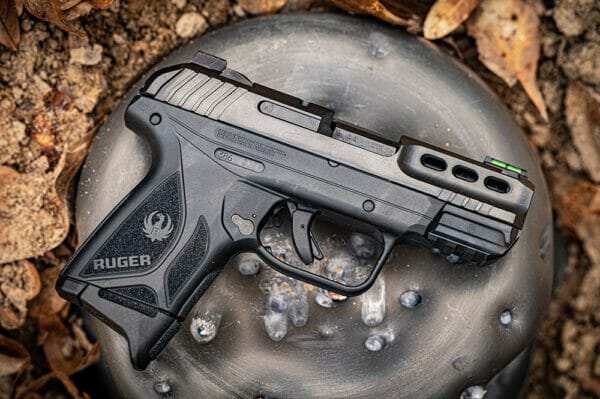
On January 9, 2025, Senator John Cornyn (R TX) and Senator John Kennedy (R LA) introduced a national reciprocity bill. The bill requires all states to allow people who may legally carry concealed handguns in their state of residence to carry concealed handguns in other states. A picture ID would be required to verify the residency of the person who is carrying a concealed handgun. From the press release of Senator Kennedy:
This legislation would:
- Allow individuals with concealed carry privileges in their home states to exercise those rights in any other state that has concealed carry laws.
- Treat state-issued concealed carry permits like drivers’ licenses, allowing an individual to use his or her home-state license to drive in another state while abiding by the speed limit of whatever state that person is in.
The official text of S65 has not, as of this writing, been published in the Congressional record. Senator Grassley (R Iowa) links to a copy of the proposed text. This correspondent will assume the text is accurate for the purposes of this analysis.
There are 43 sponsors and co-sponsors of the proposed bill. It is a good start. The bill may need to overcome a filibuster. 60 votes are needed to overcome a filibuster. Of the 100 senators, 58 come from states with Constitutional Carry. The other 32 states have some form of shall issue carry. Only 20 senators come from states that are actively resisting the Supreme Court to deny people the right to carry outside the home. There is a reasonable possibility for the bill to overcome a filibuster.
The bill provides two cases where individuals must be allowed to carry concealed handguns in states where they do not reside. The two cases are:
- If the individual is carrying a government-issued photographic ID and has a license or permit to carry from their state of residence
- If the individual is carrying a government-issued photographic ID and is not prohibited from carrying a concealed firearm in the state in which the individual resides, otherwise than in paragraph 1.
The wording appears a bit awkward. The two cases appear to be for shall-issue states and permitless carry states. Individuals must not be prohibited from carrying or possessing or receiving firearms in interstate commerce. The handgun must have Individuals must carry government-issued photographic identification. Individuals are required to comply with the restrictions on concealed carry in the state they are traveling in, but only to the least restrictive standard of residents of the state who are issued a license or permit to carry.
If passed, the economic and structural restrictions that apply to shall-issue licenses in the most restrictive states, such as Hawaii and New York, would result in visitors from other states being able to carry concealed much more easily than residents of those states. This is very close to the same carry authority provided to retired and active duty police officers by LEOSA, passed in 2004.
LEOSA has already been tested in the courts and found to be constitutional and enforceable. It has been expanded over the years.
S65 only applies to concealed carry of handguns, similar to the restrictions in LEOSA. Neither bill applies to open carry.
While S65 only mentions “states,” it applies to all territories of the United States. The LEOSA statute also uses the word “state” or “states” and applies to all U.S. States and territories.
The bill is in its early stages. Amendments to bills are common during the legislative process.
About Dean Weingarten:
Dean Weingarten has been a peace officer, a military officer, was on the University of Wisconsin Pistol Team for four years, and was first certified to teach firearms safety in 1973. He taught the Arizona concealed carry course for fifteen years until the goal of Constitutional Carry was attained. He has degrees in meteorology and mining engineering, and retired from the Department of Defense after a 30 year career in Army Research, Development, Testing, and Evaluation.

from https://ift.tt/LwqZaRI
via IFTTT

No comments:
Post a Comment